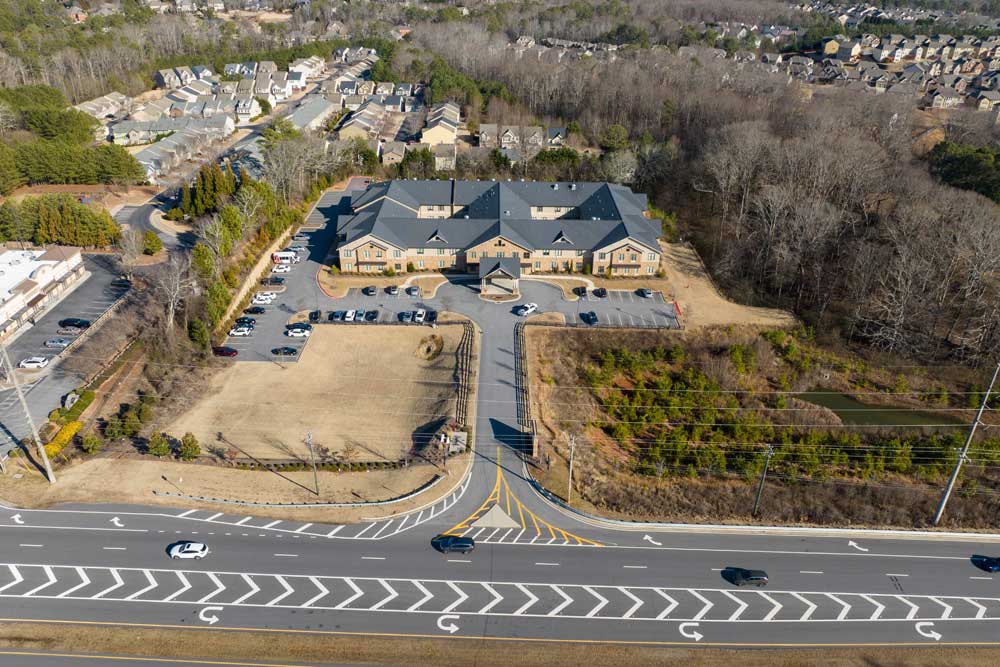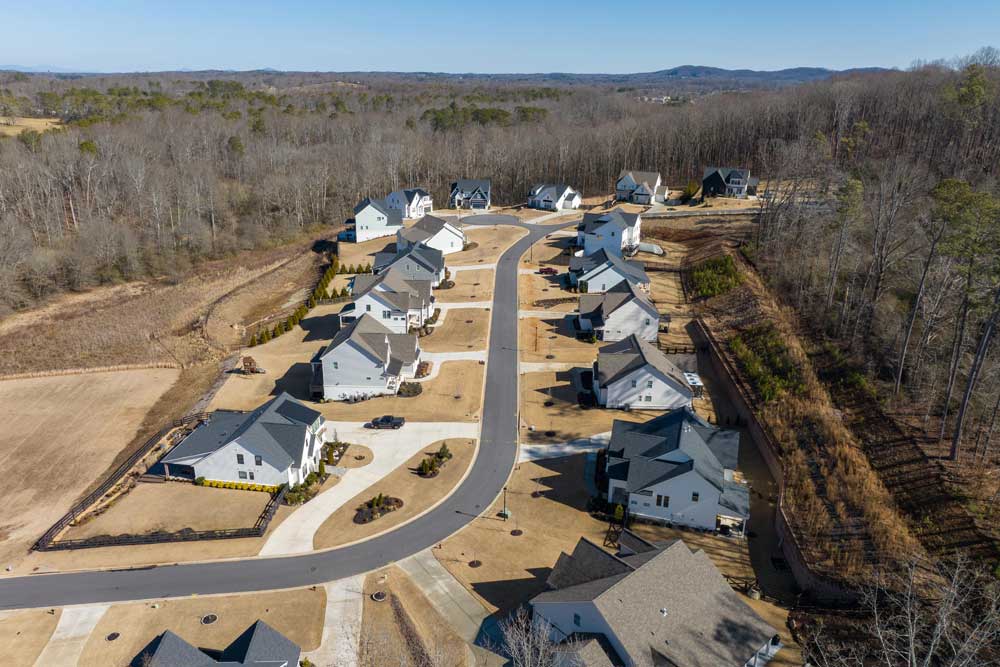Expert Tips for Successful Land Development in Georgia
Land development is a dynamic process that requires strategic planning, technical expertise, and an understanding of local regulations. In Georgia, with its diverse landscapes and growing urban centers, navigating land development projects can be particularly complex. Here are expert tips to help ensure a successful outcome, covering essential considerations such as zoning regulations, stormwater management, and site planning.
Understand Zoning Regulations
Zoning regulations dictate how a piece of land can be used and developed, making them one of the most critical factors in any project. Before purchasing or planning for land development in Georgia, it’s essential to:
Research Zoning Requirements: Local municipalities and counties enforce zoning laws that define property uses (e.g., residential, commercial, or industrial). Understanding these requirements helps ensure your project aligns with local expectations.
Check for Rezoning Opportunities: If the current zoning does not match your intended use, investigate the rezoning process. Collaborate with professionals who have experience navigating local zoning boards to advocate for your project.
Consider Setback and Height Restrictions: Many zoning ordinances include restrictions on how close buildings can be to property lines and how tall structures can be. Failing to comply can lead to costly redesigns or delays.
Prioritize Stormwater Management
Georgia’s varied terrain and climate make effective stormwater management crucial for protecting both the environment and the long-term success of your project. Key considerations include:
Evaluate Site Drainage: Assess how water flows on and off your site. Poor drainage can lead to erosion, flooding, and damage to neighboring properties.
Incorporate Sustainable Solutions: Consider using detention ponds, bioswales, and permeable pavements to manage stormwater sustainably. These methods not only reduce environmental impact but also help meet regulatory requirements.
Comply with State and Local Standards: Georgia’s Environmental Protection Division (EPD) has strict guidelines for stormwater management. Ensuring compliance from the outset can prevent penalties and delays.
Develop a Comprehensive Site Plan
Site planning is the foundation of any successful land development project. A well-thought-out site plan ensures that all elements of the project are efficiently integrated while minimizing potential risks.
Conduct a Feasibility Study: Before breaking ground, assess the site’s suitability for development. This includes soil testing, topographic surveys, and utility availability.
Optimize Land Use: Maximize the functionality of your site by carefully considering building placement, parking, green spaces, and access points. An optimized layout improves usability and aesthetic appeal.
Engage Professional Engineers: Collaborating with experienced civil engineers ensures that grading, drainage, and utility designs are precise and compliant with regulations.
Anticipate Permitting and Regulatory Hurdles
Permitting is often one of the lengthiest stages of land development, but proactive planning can streamline the process.
Identify Required Permits Early: Common permits in Georgia include land disturbance permits, building permits, and environmental permits. Knowing which ones apply to your project helps avoid surprises.
Maintain Open Communication with Authorities: Building positive relationships with local government agencies can facilitate smoother approvals and inspections.
Prepare Thorough Documentation: Ensure all engineering drawings, environmental impact studies, and other required documents are accurate and complete.
Work with Experienced Professionals
Land development is a team effort. Partnering with experienced civil engineers, surveyors, and planners is invaluable for navigating the complexities of Georgia’s development landscape. These experts provide insights that can save time, reduce costs, and ensure a high-quality outcome.
By addressing these critical aspects, you can set the foundation for a successful land development project in Georgia. Whether you’re building residential subdivisions, commercial centers, or infrastructure projects, careful planning and execution are key to turning your vision into reality.





